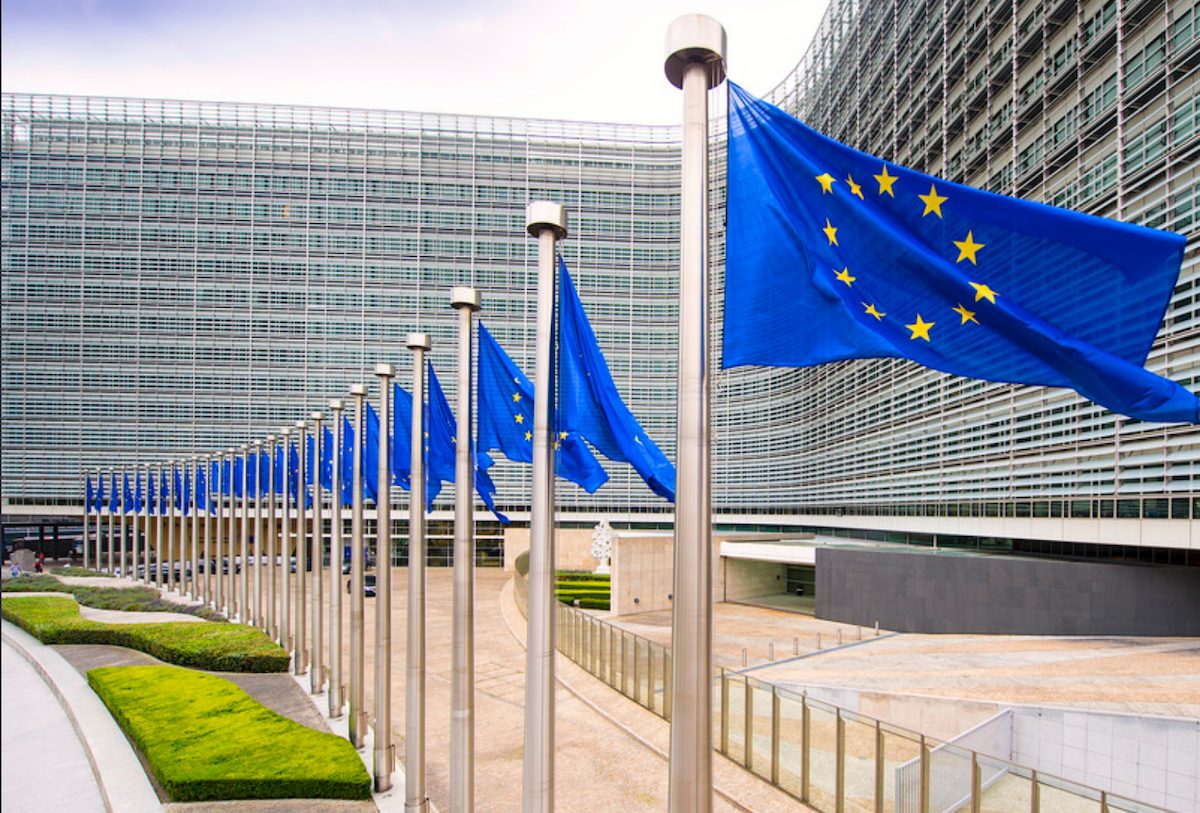Speaking at the International Competition Network conference in Berlin, EU Commission EVP Margrethe Vestager said that its Digital Markets Act (DMA) will come into effect in the Spring of 2023.
In the workings since 2020, DMA was previously scheduled to go into force in the Fall of this year. The upcoming reformatory policy aims to limit and regulate the power of “gatekeepers” like Apple, Google, Amazon, and other tech giants, and impose penalties for anticompetitive behavior.
Although the EU Commission has decided to play a centralized enforcement role to keep a check on the unwarranted influence of big tech giants, it has not finalized the plan and arranged resources.

EU Commission pushes the Digital Markets Act to 2023 to make the required arrangements
TechCrunch reports that Vestager explained that the reason for the delaying the implementation of DMA was to prepare for the upcoming task in an effective manner. She said:
“This next chapter is exciting. It means a lot of concrete preparations. It’s about setting up new structures within the Commission, pooling resources from DG Comp [Directorate-General for Competition] and Cnect [Directorate-General for Communications] based on relevant experience. It’s about hiring staff. It’s about preparing the IT systems.
It’s about drafting further legal texts on procedures or notification forms. Our teams are currently busy with all these preparations and we’re aiming to come forward with the new structures very soon.”

The EU Commission has not named which tech giants will be subject to DMA but it given criteria mentions the inclusion of a core platform service with a “significant” impact on the EU’s market like Apple, Amazon, Google, and Facebook.
Currently, Apple has been served two charge sheets by the EU for anti-competitive practices related to App Store commission for all in-app purchases and Apple Pay over restricted access of NFC technology to third-party payment service providers. Once in effect, Apple might face more regulations over policies that the EU deems are anti-competitive.
“It goes without saying that the more we, as an international competition community, are able to harmonise our approach, the less opportunity there will be for global tech giants to exploit enforcement gaps between our jurisdictions.”
Read More:
1 comment